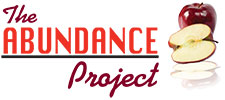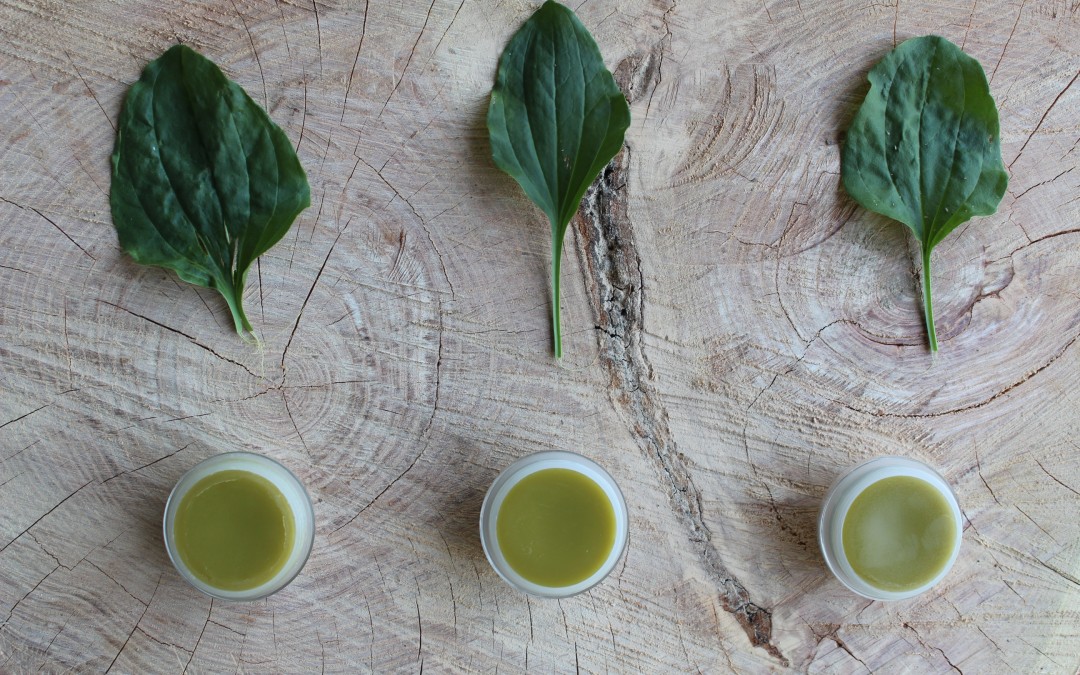On August 8th, the participants from the wild edibles hike regrouped for part two of the workshop. Over the last six weeks, we’ve been tending to our plantain infused olive oil, in preparation for the final product. Joy and Joanna of Pure Joy Herbal Creations led the group on another hike to scope out how the wild herbs had grown over the summer. After the hike, we made a healing salve, using our plantain oil and beeswax. Such a simple process for this incredibly useful herbal remedy.
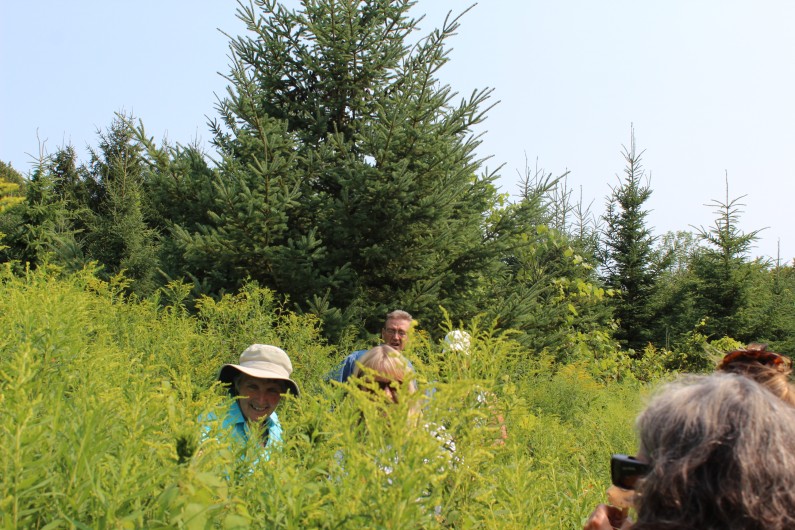
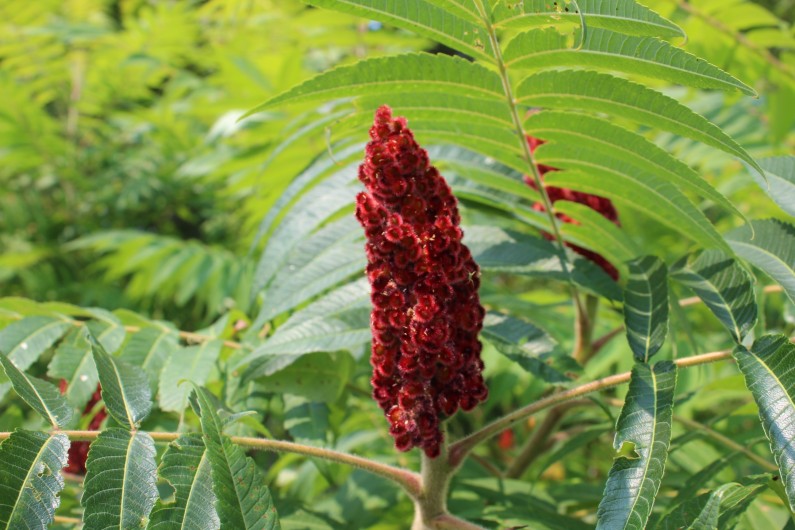
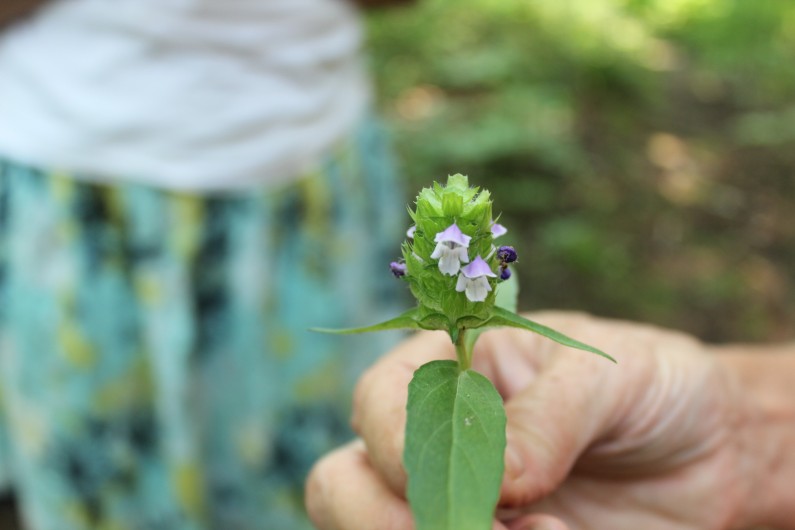
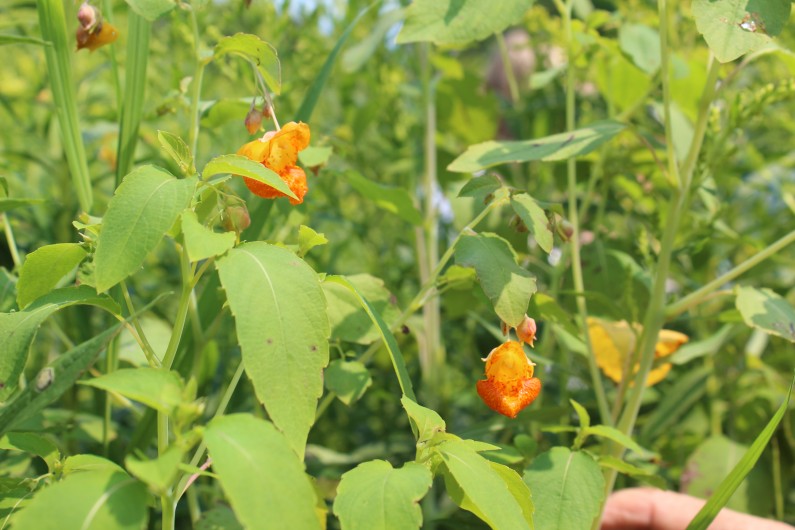
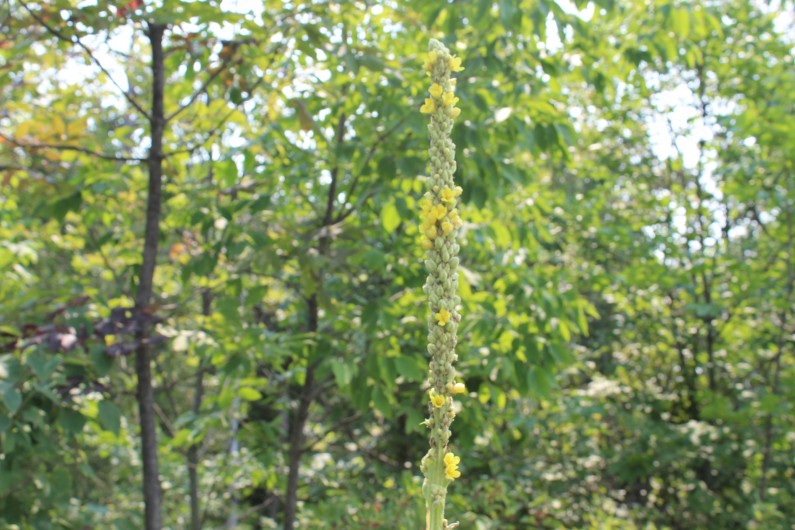
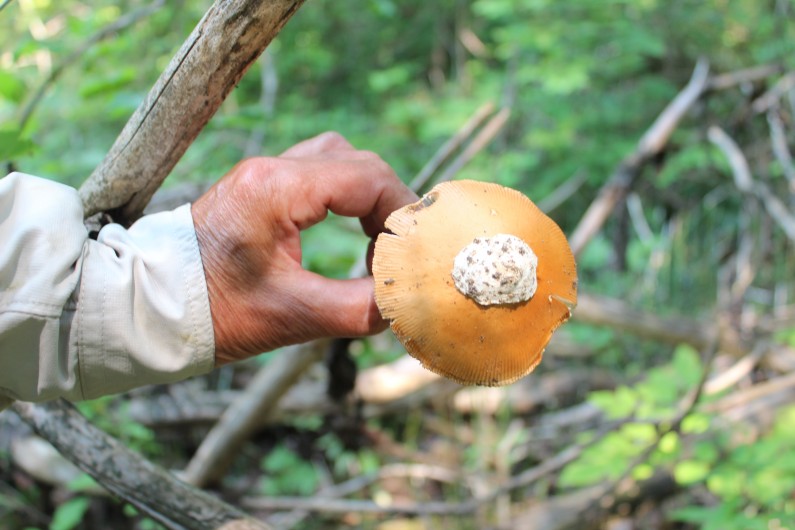
Broad Leaf Plantain
Often considered a weed, plantain holds powerful skin-healing properties in its broad, heavily veined leaves. It’s been used medicinally for centuries and is considered to be almost a cure-all. Plantain is very high in beta carotene (A) and calcium. It also provides ascorbic acid (C), vitamin K, and a bunch of other notable chemicals. These give plantain mild anti-inflammatory, antimicrobial, anti-hemorrhagic, and expectorant actions (a medicine that promotes secretion to treat coughs). There are a few ways ways to use plantain leaves- as a tea or tincture, healing salve, an oil infusion, or even just by rubbing the leaf on effected areas of the skin. The natural antibacterial and anti-inflammatory properties of plantain leaf make it great for healing wounds, itchy skin, or pain associated with skin problems. Some other uses for plantain include:
- speeding up cell regeneration
- skin softening
- treatment for lung conditions such as bronchitis or asthma
- easing skin inflammations (perfect for eczema and psoriasis)
- soothing stings, bites, scrapes, cuts, rashes, ringworm, and poison ivy
- soothes sunburns and windburns
- relief from pink eye
- an alternative to lotions to soothe babies’ sensitive skin
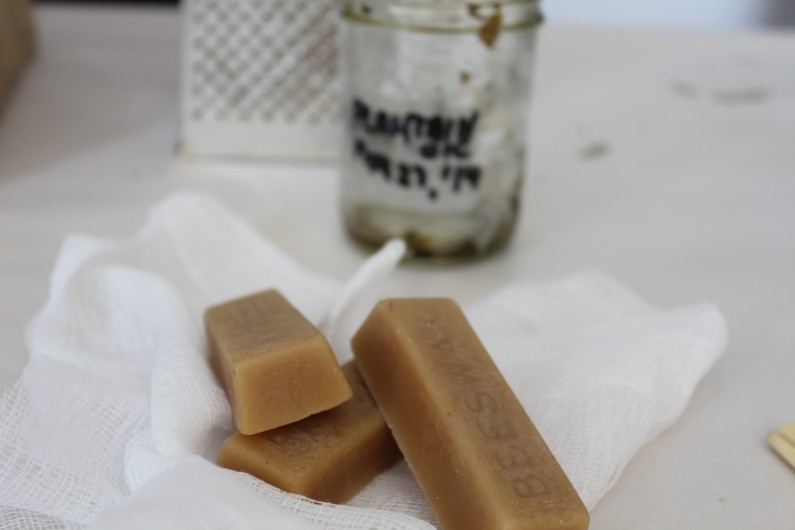
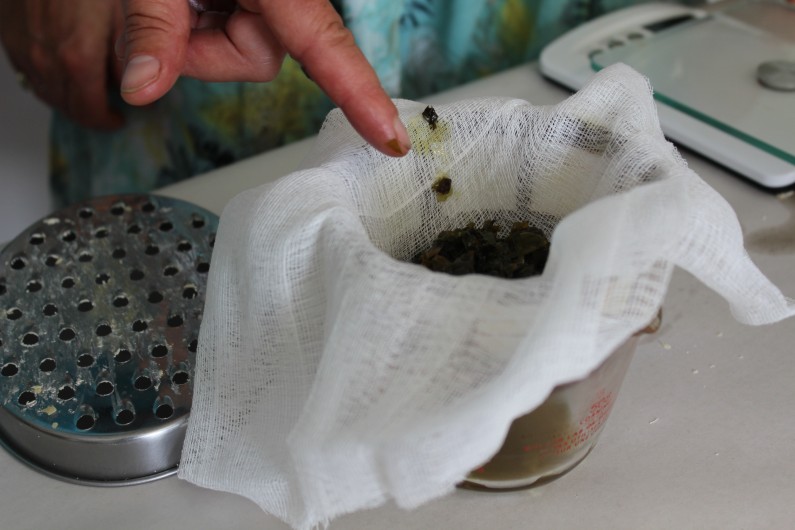
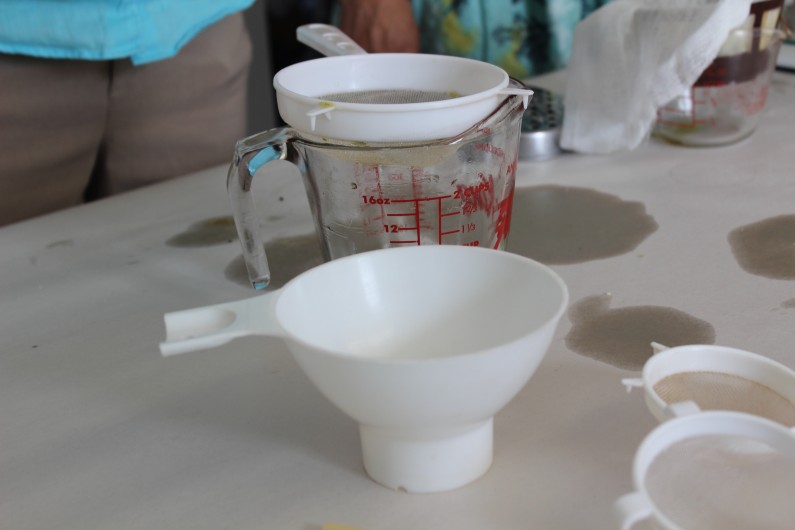
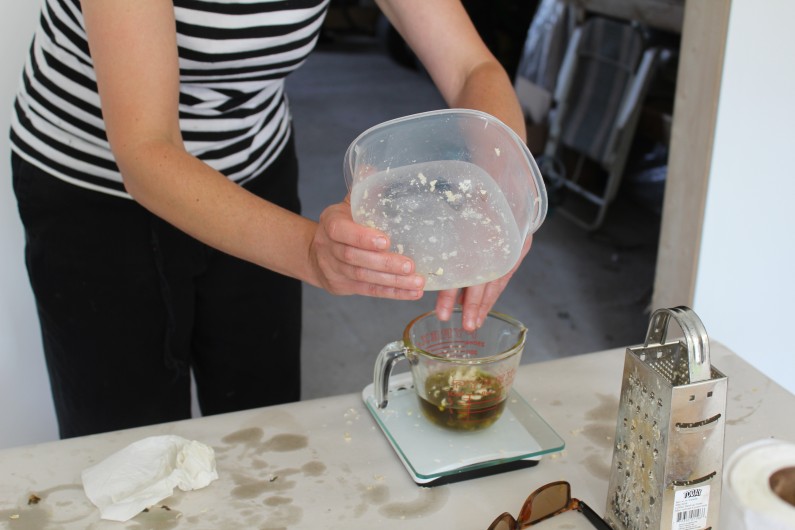
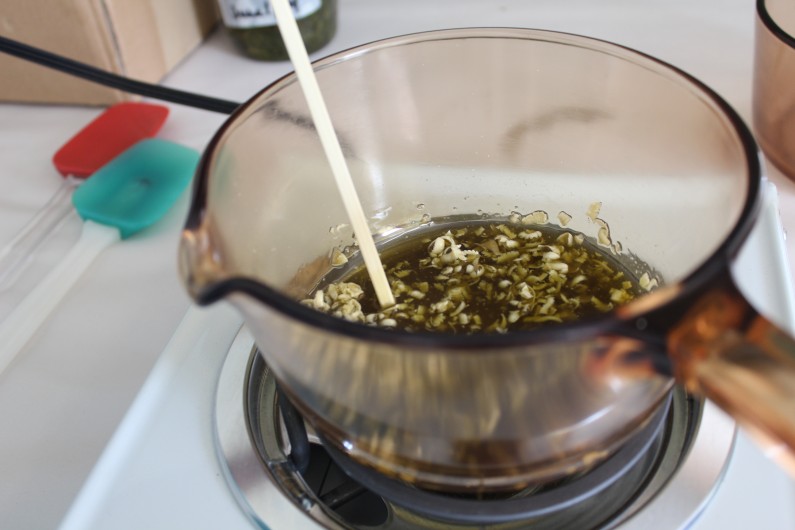
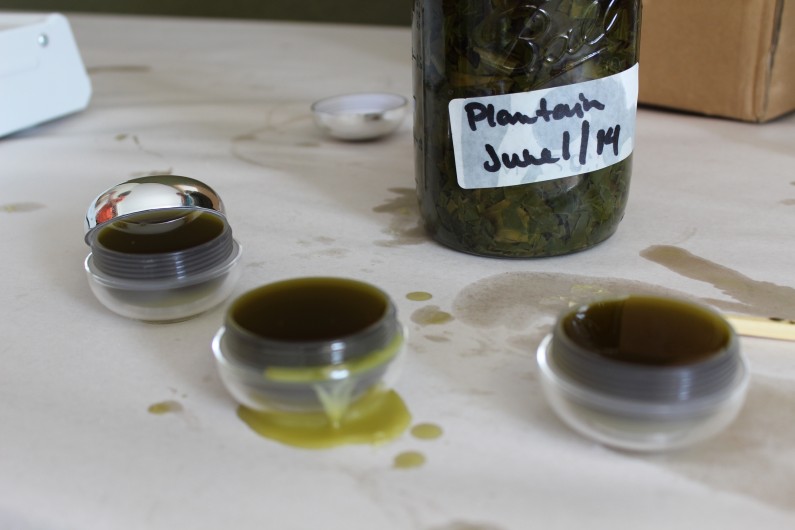
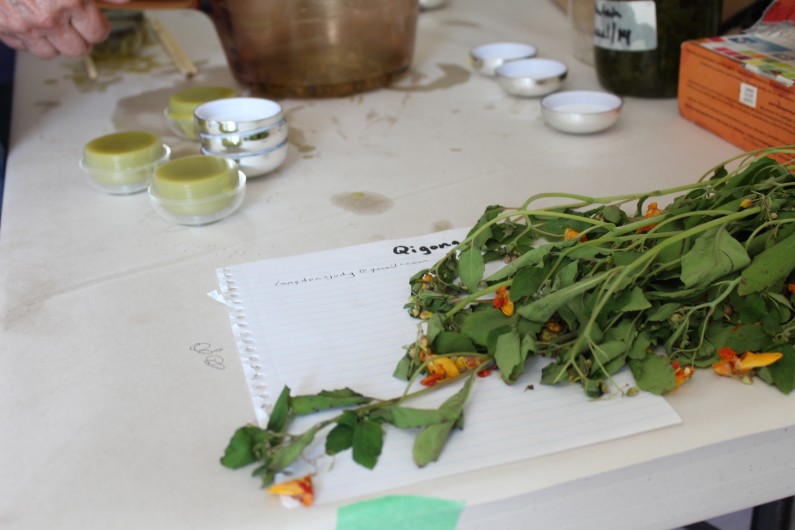
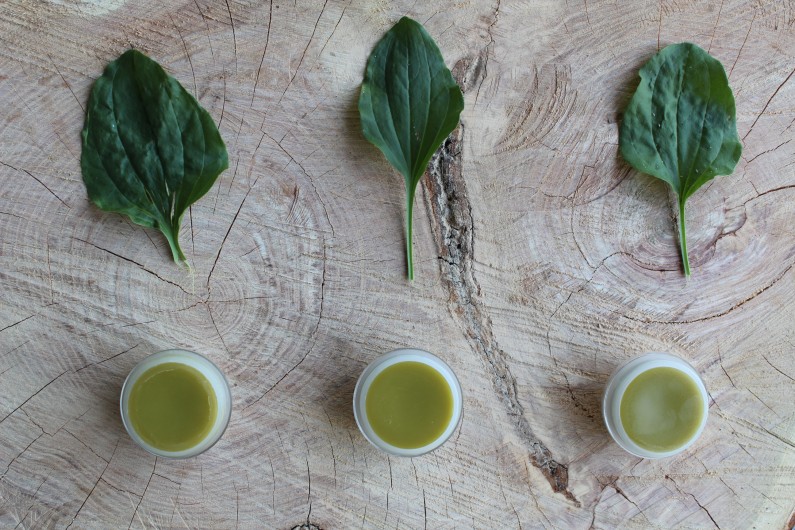
* follow melissa on folklore
